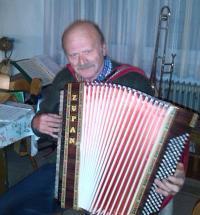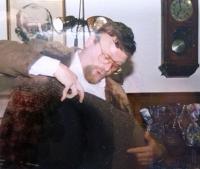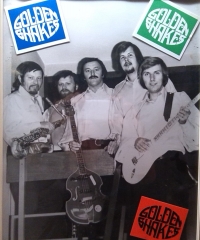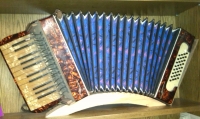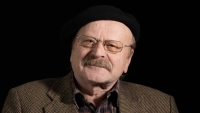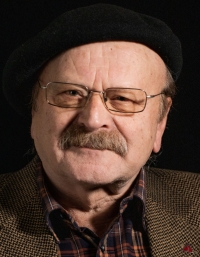...not forgetting one‘s roots.
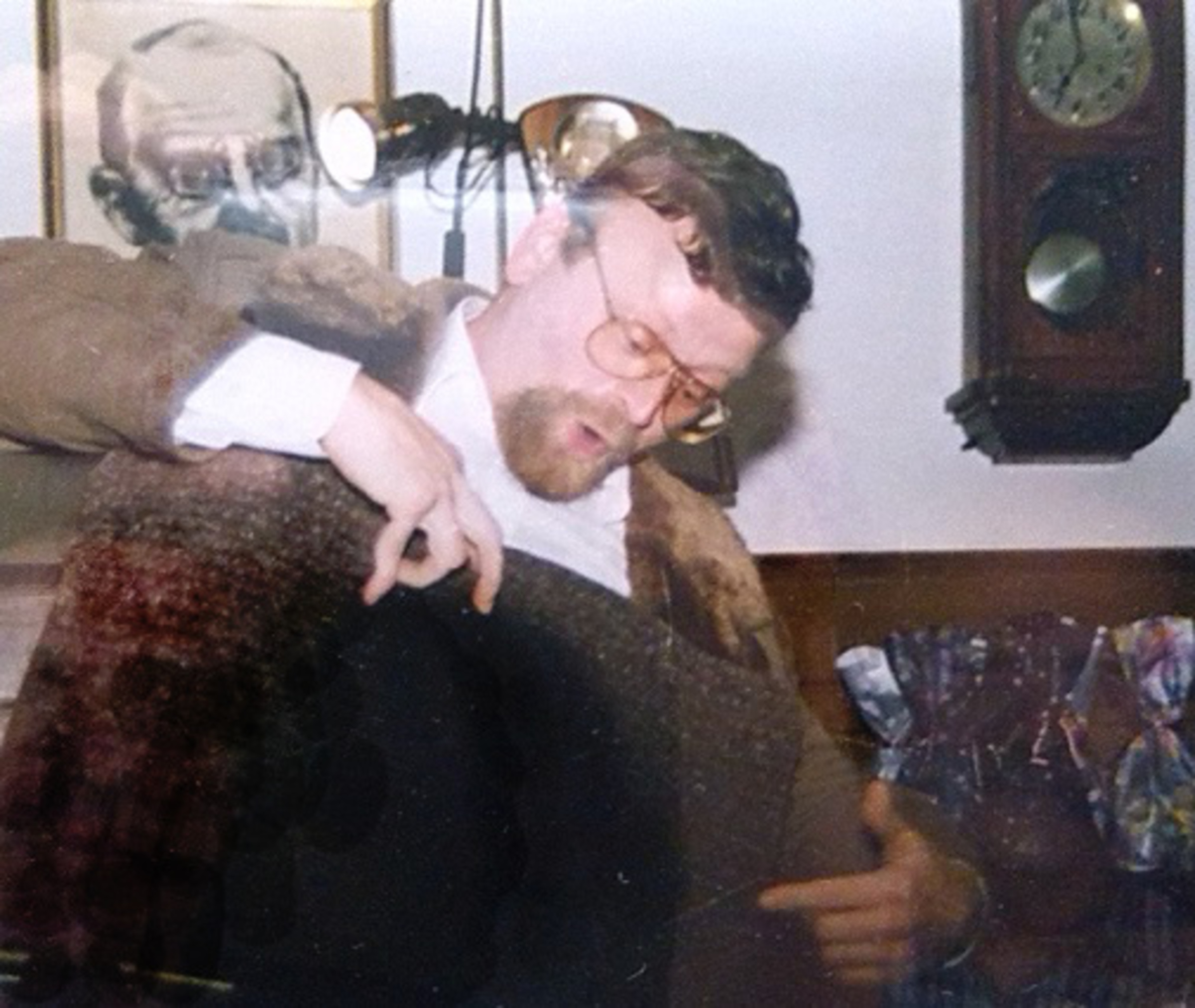
Stáhnout obrázek
Peter Heidler did not have to witness the war anymore. He was born on June 28, 1946, the last of three sons in Grünlas, district of Elbogen. Although they were a recognized anti-fascist family and his father had spent half a year in a concentration camp, the family left Czechoslovakia in October 1946 to the Federal Republic of Germany. Peter’s childhood began in the refugee camp in Hof. His father, a mason by training, became the camp commander. In spite of the precarious conditions, the parents provided their three children with a musical education. Peter learned to play the accordion and at the age of 10, he even got drums for a present. The brothers thus made some extra money with music. After completing secondary school, Peter accomplished an apprenticeship for a machine locksmith. At the same time, his father began with the construction of a family house in Hof. After he completed the apprenticeship, Peter served alternative civilian service in a home for the elderly in Selb, where he met his future wife. Afterwards, he took up studies for a teacher, which he successfully completed. He found an occupation in Hof that he pursued until his retirement. Already since his youth, Heidler has known the life in a social-democratic community. His father was a member of the Working Community of the Social Democrats and later of the Seliger Community in Hof. In 1978, Heidler was himself elected chair of the Community. For 2009 he has been regional chairman of the Seliger Community.
